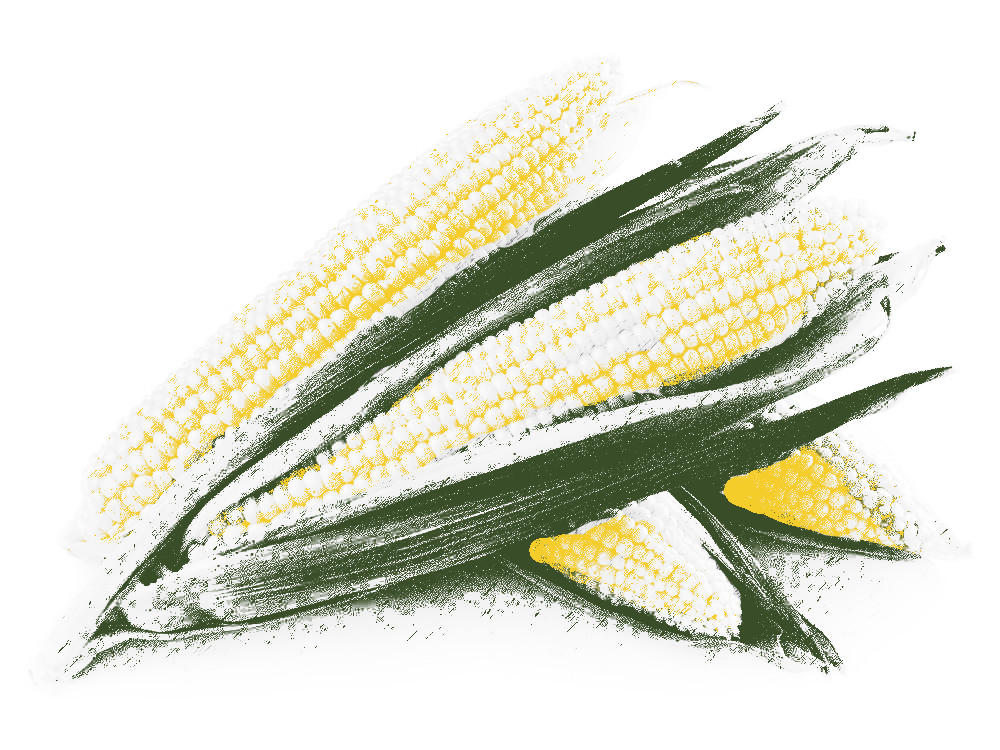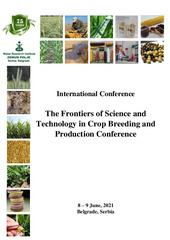Приказ основних података о документу
Production of maize grain enriched with mineral nutrients in monoculture
| dc.contributor | Kandić, Vesna | |
| dc.creator | Dragičević, Vesna | |
| dc.creator | Simic, Milena | |
| dc.creator | Brankov, Milan | |
| dc.creator | Stoiljkovic, Milovan | |
| dc.creator | Šenk, Milena | |
| dc.creator | Tabaković, Marijenka | |
| dc.creator | Kresović, Branka | |
| dc.date.accessioned | 2022-05-31T12:06:05Z | |
| dc.date.available | 2022-05-31T12:06:05Z | |
| dc.date.issued | 2021 | |
| dc.identifier.isbn | 978-86-80383-12-5 | |
| dc.identifier.uri | http://rik.mrizp.rs/handle/123456789/939 | |
| dc.description.abstract | Maize monoculture is still present worldwide. It is an adverse practice, with high input of agro-chemicals and weed and pathogens infestation. At the Maize Research Institute, a trial with maize monoculture has started in 1972 and from then it has been progressed into a system designed to maintain soil fertility, improve grain yield and quality. Experiment (period 2013-2018, hybrid ZP 427) comprised: treatment with farmyard manure (M - incorporation of 60 t ha-1 in 2011, 2014, and 2017) and no manure application (MØ); bio-fertilizer Bioplug (accelerating decomposition of crop residues) applied at: 5 l ha-1 (BF), 2.5 l ha-1 (1/2BF) and without it (BFØ); mineral fertilization with N:P:K= 15:15:15 (1709 kg ha-1) in autumn + Urea (320 kg ha-1), in spring (F1); only Urea (237 kg ha-1) in spring (F2) and no mineral fertilizers (F3). Measurements included: soil organic matter (OM), grain yield (after harvest), as well as the content of protein, P, Mg, Ca, Fe and Zn in grain. Higher soil OM was present in M, F1, and F2 treatments, particularly in combination with 1/2BF (> 5%, averagely). Greater grain yield followed the increased level of fertilization: M, BF, and F2 (8.85, 9.17, and 9.05 t ha-1, respectively, on average). The average protein level, and the content of mineral nutrients were higher in the S variant, while content of the protein, P, Mg, and Fe had greater values in the 1/2BF treatment and Ca and Zn had greater values in BF. Moreover, F1 had positive impact on protein, P, Ca, and Mg content, while F2 increased the content of Fe and Zn. Results indicate that proper fertilizer combination: farmyard manure, bio-, and mineral fertilizer maintained not just soil fertility, but contributed to the higher grain yield and grain quality, by enhancing the level of protein and mineral nutrients, even in monoculture, as an adverse practice. | sr |
| dc.language.iso | en | sr |
| dc.publisher | Belgrade : Maize Research Institute, Zemun Polje | sr |
| dc.relation | info:eu-repo/grantAgreement/MESTD/inst-2020/200040/RS// | sr |
| dc.rights | openAccess | sr |
| dc.rights.uri | https://creativecommons.org/licenses/by/4.0/ | |
| dc.source | International conference “The frontiers of science and technology in crop breeding and production conference”, 8-9. June 2021., Belgrade, Serbia - Book of abstracts | sr |
| dc.subject | long-term maize monoculture | sr |
| dc.subject | grain yield | sr |
| dc.subject | grain quality | sr |
| dc.subject | soil organic matter | sr |
| dc.title | Production of maize grain enriched with mineral nutrients in monoculture | sr |
| dc.type | conferenceObject | sr |
| dc.rights.license | BY | sr |
| dc.citation.spage | 62 | |
| dc.identifier.fulltext | http://rik.mrizp.rs/bitstream/id/4608/Production_of_maize_grain_enriched_with_mineral_nutrients_in_monoculture.pdf | |
| dc.identifier.rcub | https://hdl.handle.net/21.15107/rcub_rik_939 | |
| dc.type.version | publishedVersion | sr |


